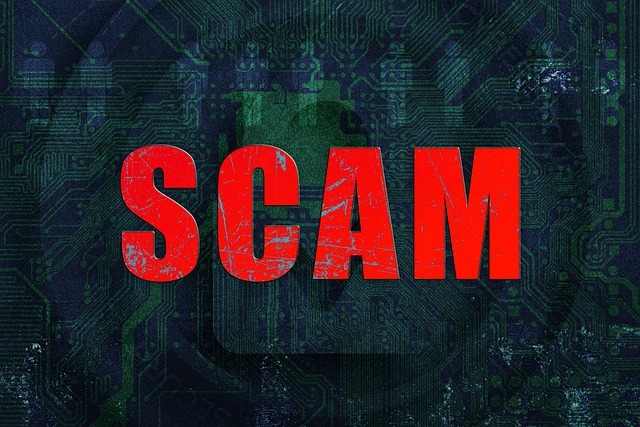This article is first on the Fin Law Blog published.
The crypto custody business has been a regulated financial service in Germany since January 1, 2020. Companies that want to offer their customers the custody, management or security of crypto assets or the associated private cryptographic keys first need permission to operate the BaFin business model. In the constantly evolving crypto market, crypto custody is a service of particular importance, which is a mandatory component of all centrally designed crypto business models.
As essential as crypto custody may be to the mass adoption of crypto, it is not at the core of the services demanded by the market. Against this background, it is more of an accessory to other service offerings such as crypto exchanges or lending/staking models. The profit margins for the actual custody of crypto assets are comparatively low. The question arises as to whether crypto custodians are allowed to offer customers interest on the crypto assets held in custody in addition to mere custody based on their crypto custody license.
Crypto custody license covers three different business activities
BaFin’s license to operate the crypto custody business not only allows crypto custody service providers to store crypto assets and associated private keys. Rather, the facts of the crypto custody business regulated in the German Banking Act (KWG) also cover two other business activities with the administration and security of crypto assets. The BaFin, like the German legislature, understands the management of crypto assets to mean the administration of rights from the crypto assets for others in the broadest sense.
Securing crypto assets refers to the safekeeping of private cryptographic keys on storage media, regardless of whether the storage medium is digital (cloud storage) or physical (USB stick or even paper). Like the other two variants, the security variant also requires that the provider has access to the crypto assets of its customers through custody of the private keys. Since BaFin interprets the administrative alternative for action broadly, the question arises as to whether the granting of interest also falls under the variant and can therefore be covered by the crypto custody license.
Crypto administration only conceivable in triangular constellations?
Even if BaFin interprets the variant of administration very broadly in the offense of crypto custody business, there are good arguments against recording interest on crypto assets by the crypto administration. Because the exercise of rights, both in the published administrative practice of BaFin and in the justifications in the draft legislation drawn up before the introduction of the crypto custody business, basically requires that the crypto administrator asserts a right of his customer against a third party, who is different from the custodian.
In contrast, the granting of interest on the crypto assets in custody would be a right of the customer directly against the custodian, which the custodian could not assert against himself. According to this line of argument, interest on crypto assets would not be classified as crypto administration in the sense of the second variant of the crypto custody business.
Is it then possible to grant interest on crypto assets without regulation?
Even if the granting of interest on crypto assets could not be classified as crypto administration, a corresponding activity could still represent a transaction requiring a license depending on the individual case. It would be conceivable that the provider of interest would operate the financial portfolio management subject to authorization if he was allowed to use the crypto assets of his custody customers at his own discretion in order to generate profits to finance the interest.
Emirates plans to launch NFTs and expand experiences in the metaverse
- Washington Post: Trump to sign new bitcoin legislation on first day in office - January 14, 2025
- Here’s Why Cardano’s Price Might Climb by 140% - January 13, 2025
- A Look Back at Bitcoin’s Historic Year 2024: From ETFs to New All-Time Highs - December 31, 2024



![The strategic approach to AI in the enterprise 6 Top 10 Leading Countries in AI Research and Technology [current_date format=Y]](https://cryptheory.org/wp-content/uploads/2023/08/ai-strategie.jpg)



















